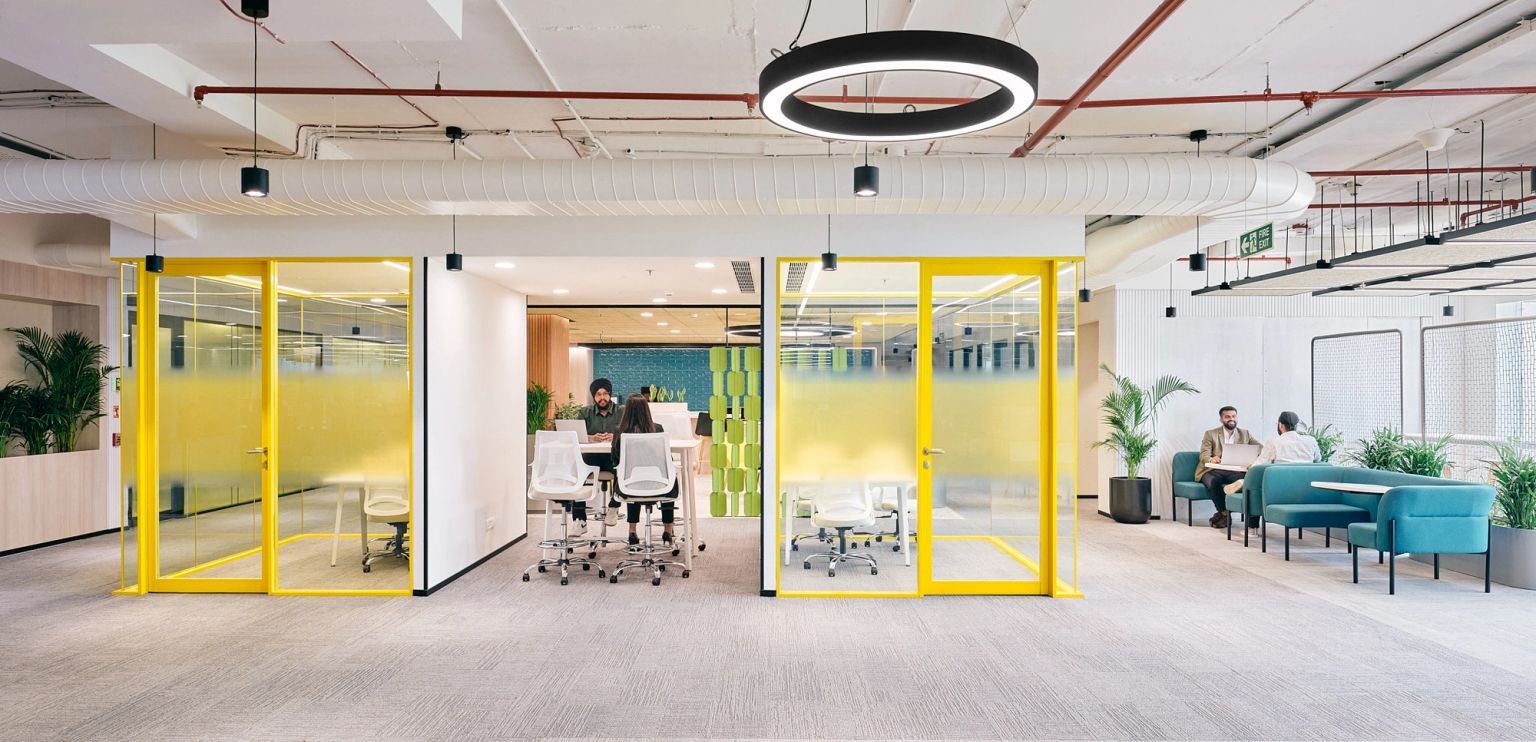RESOURCES
Human Resource Management System (HRMS): Meaning, Benefits & Future Trends

Discover what an HRMS is, its key benefits like automation and analytics, and the latest trends in human resource management systems for smarter workforce planning.
In earlier times, time-consuming paperwork and manual procedures were a major part of HR. This led to errors and administrative overburden. Nowadays, organisations rely on human resource management system (HRMS) software to administer their HR functions more smartly. Such systems allow HR experts to focus most of their energies on what's most vital for the company: the individuals. HR teams can devote less time to manual duties and instead focus on team member development and strategic decision-making.
Human Resource Management System Meaning
HRMS, or Human Resource Management System, is an integrated computer-based software used to manage companies' workers efficiently. An HRMS system incorporates multiple functions within a single entity, like maintaining employee records in one place, monitoring attendance, etc. Under one canopy, an HRMS brings various functions of HR management to heighten productivity and improve data-based decision-making.
Benefits of Human Resource Management System
Increased efficiency and automation
One of the biggest advantages of an HRMS is automation. Payroll processing, tax computation, and attendance monitoring can be automated, reducing the possibility of errors and saving time for HR professionals.
Enhanced employee experience
An HRMS provides employees with self-service facilities where they can view payslips, apply for leave, update personal details, and track performance metrics. This enhances transparency and allows employees to keep their work-related data in proper order.
Also read: Workplace Culture: The key to employee satisfaction and business success
Data protection and compliance
HRMS applications offer robust security features for protecting employee-sensitive information. They also make organisations compliant with the law, allowing them to preserve tax laws, labour legislation, and industry compliance.
Enhanced talent management
Job postings and recruitment activities become trouble-free with a human resource management system. It makes it easier for the HR team to post jobs, shortlist candidates, arrange interviews, and handle candidate databases.
Real-time reporting and analytics
HRMS solutions give real-time insights into employee performance, turnover, and other key metrics. Based on these metrics, organisations can make informed decisions, resulting in better workforce planning and management.
What are the future trends in HRMS?
Artificial intelligence (AI) and machine learning
AI-enabled HRMS tools are revolutionising the HR department. From filtering resumes to analysis of employee sentiments, AI-enabled tools enable HR personnel to make informed, data-driven decisions.
Cloud-based HRMS
Increased numbers of companies are implementing cloud-based HRMS systems as they are cost-saving, scalable, and flexible. These systems have remote access facilities and can easily be integrated with other business apps.
Employee well-being and engagement tools
Next-generation HRMS systems will concentrate on employee wellness, including mental health support, wellness initiatives, and engagement surveys to improve workplace culture.
Mobile accessibility
With increasing work-from-home trends, mobile-enabled HRMS solutions are also on the rise. Mobile applications can provide access to HR services, attendance tracking, and HR team communication, enhancing convenience even more.
Enhanced data analytics and predictive analysis
HRMS solutions will utilise robust data analytics to predict employee turnover, recommend training sessions, and optimise workforce strategies so that HR processes turn strategic and proactive.
Conclusion
An HRMS is a valuable resource for modern-day businesses in an attempt to optimise their human resource operations. If you are a business looking for an efficient HR management system, WeWork Business Solutions can be a great option for you as it provides flexible and scalable workspace solutions that help businesses streamline their operation, from HRMS solutions, hardware rental & buying, to corporate gifts & merchandise.
FAQs
1. What is the main purpose of an HRMS?
An HRMS system's main purpose is to automate and merge HR processes to make them more efficient. This includes HR activities like payroll, recruitment, attendance management, and performance management more data-driven.
2. What are the key features of an HRMS?
The key features of an HRMS include employee data management, payroll management, recruitment applications, time and attendance, performance management, and compliance tracking.
3. How is HRMS favourable for small businesses?
An HRMS is suitable for small businesses as it can automate HR processes, reduce administrative burdens, and offer compliance, allowing small teams to focus on growth and productivity.
Related Blogs:

RESOURCES
In this blog, we will explore innovative ways to utilise meeting rooms effectively, ensuring they become key assets in your business strategy.

RESOURCES
In the last few years, the world has evolved a lot, and so have we. Especially since the pandemic, video conferencing has made our lives easier. However, in-person team meetings and collaborations continue to remain significant.

